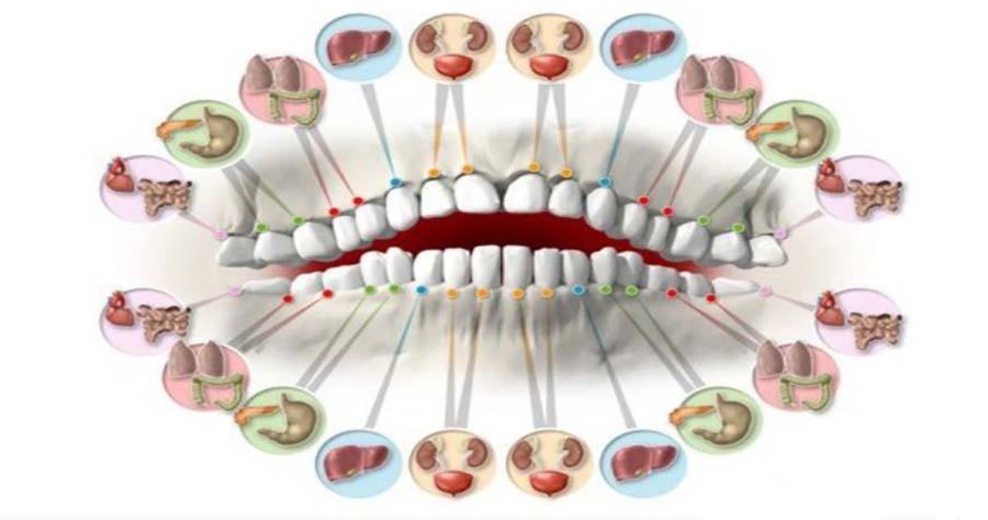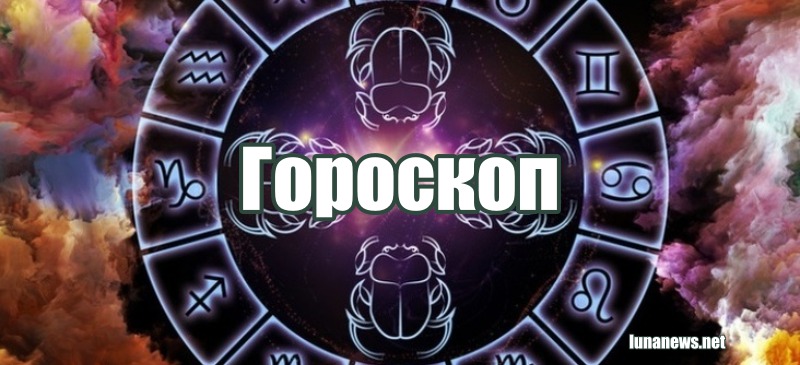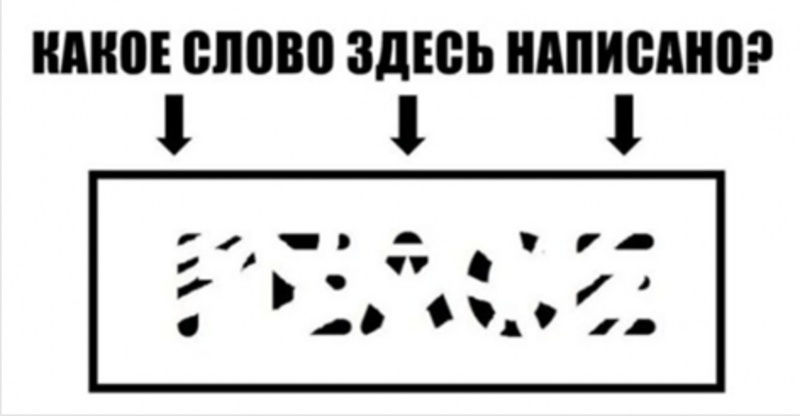I whispered. The kid just nodded. We scanned his footlocker after he died.
Found it with your name written on the back. He called you the watchman. I didn’t know what to say to that.
Never thought anyone call me anything but Ray. But then the bugler played tats, and I stood like I’d been lit from the inside. Not because of pride.
Because of duty. Because Moore deserved more than memory. He deserved noise, music, honor, voices raised not in sorrow but in reverence.
The rifle team fired three volleys, each crack a punctuation mark in a sentence none of us were brave enough to finish. And then they folded the flag, slow, methodical, the way marines do when they want the world to feel each crease like a wound healed over time. The colonel handed it to me.
He had no next of kin. You’re it now. I didn’t argue.
I just took it, felt its weight, and nodded. After the ceremony, they unveiled the new marker. Beneath Moore’s name was a second line carved in stone, in honor of Raymond Navarro for ten years of unsung watch.
I didn’t cry. Not then. Not until I saw a group of young kids, ten, maybe eleven, walking the path with their teacher, each carrying a wildflower.
One by one, they placed them gently at Moore’s grave. Not because they knew him, but because someone told them a story about a man who never forgot. Now they wouldn’t either.
That night, I sat at my kitchen table with the shadow box finally open. The metals still gleamed, untouched by time. I pinned Moore’s photo inside, next to my own, and I wrote one last note in the notebook I’d carried all these years.
Just one sentence. The watch ends, but the memory stands. Then I closed it, placed it on the window so, and watched the wind move through the trees like a whisper passing through generations.
I didn’t need to return next Sunday. Someone else would. Because stories like his, like ours, don’t end in silence.
They echo.













